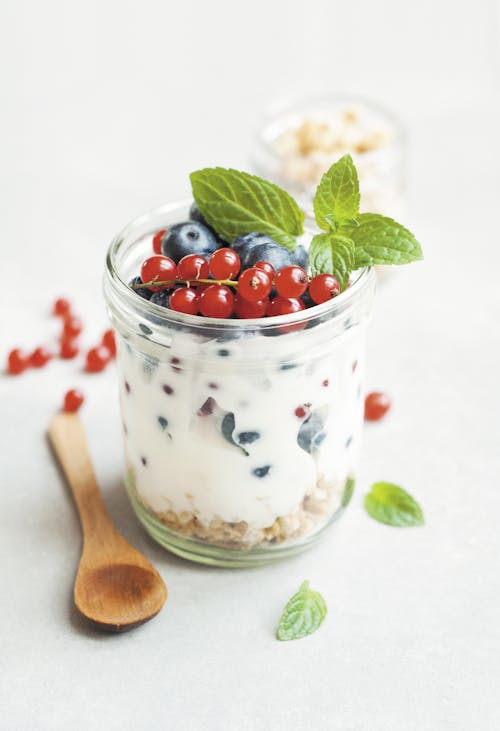DIABETIC DIET
A balanced diabetic diet aims to regulate blood sugar levels, promote overall health, and manage weight.
When it comes to managing diabetes, it’s important to focus on a balanced diet that includes a variety of nutrient-rich foods. Here are ten healthy foods that can be beneficial for diabetic diet:

Leafy greens:
Foods like spinach, kale, and Swiss chard are low in calories and carbohydrates while being rich in vitamins, minerals, and fiber.

Berries:
such as blueberries, strawberries, and raspberries are packed with antioxidants, fiber, and essential vitamins. They have a relatively low glycemic index compared to other fruits.
Whole grains:
Opt for whole grains like quinoa, brown rice, and whole wheat bread instead of refined grains. They provide fiber and have a lower impact on blood sugar levels.
Legumes:
Lentils, chickpeas, and beans are excellent sources of plant-based protein, fiber, and minerals. They have a minimal effect on blood sugar levels and can help improve blood glucose control.
Fatty fish:
Salmon, mackerel, and sardines are high in omega-3 fatty acids, which have been shown to reduce inflammation and lower the risk of heart disease, a common concern for people with diabetes.

Greek yogurt:
Greek yogurt is a great source of protein, calcium, and probiotics. Choose plain, unsweetened varieties to avoid added sugars.

Nuts and seeds:
Almonds, walnuts, chia seeds, and flaxseeds are packed with healthy fats, fiber, and essential nutrients. They can help stabilize blood sugar levels and promote heart health.
Avocado:
Avocados are rich in monounsaturated fats, which can help improve insulin sensitivity. It is a good source of fibers and minerals.
Cinnamon:
Although not a food per se, cinnamon has been shown to improve insulin sensitivity and help regulate blood sugar levels. Sprinkle it on oatmeal, yogurt, or incorporate it into recipes.
Lean proteins:
opt for lean sources of protein such as skinless poultry, tofu, fish, or legumes. Protein can help control hunger, maintain muscle mass, and stabilize blood sugar levels.
Approach: Work with a registered dietitian who specializes in diabetes
Personalized Approach:
Work with a registered dietitian who specializes in diabetes management to create a personalized meal plan that considers your specific needs, preferences, and lifestyle factors. They can help you strike the right balance of nutrients and develop strategies for long-term success.
nd lifestyle factors. They can help you strike the right balance of nutrients and develop strategies for long-term success.

